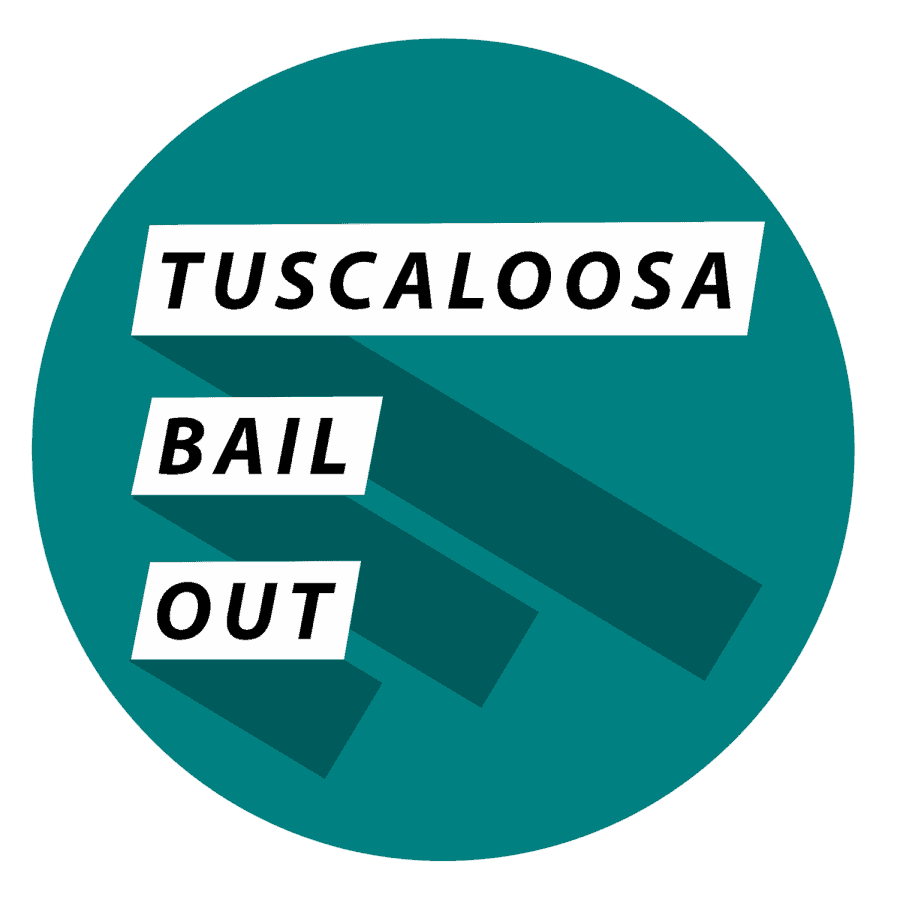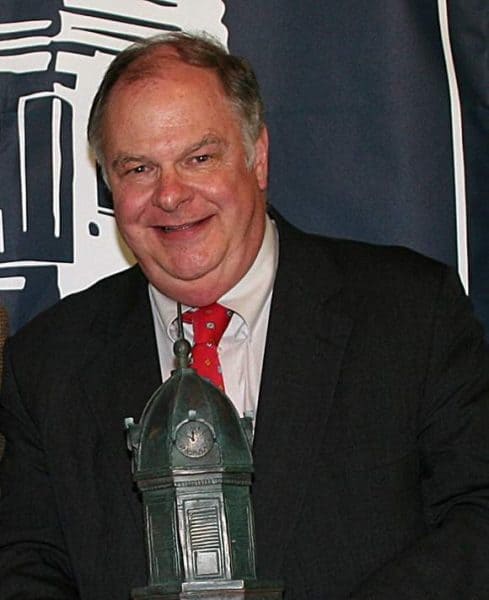UA alumni create Tuscaloosa Bail Out to help low-income incarcerated people
June 23, 2020
Since its establishment just over a week ago, Tuscaloosa Bail Out has raised more than $12,000 to address the disproportionate impact of the cash bail system on vulnerable populations in the county.
The cash bail system is a way for detained persons awaiting trial to buy their release while incentivizing their return to court. The amount to be paid is left to the discretion of the judge. Those unable to post bail are detained until trial.
TBO’s website explains that this “two-tier system where two individuals charged with exactly the same thing are treated differently based on their race and economic status” has doubled the number of jail admissions and lengthened the average stay from 14 to 23 days.
Sarah Hughes and La-Kisha Emmanuel are the co-founders of TBO and alumnae of the University of Alabama. Hughes earned both her bachelor’s degree and JD from the University, and Emmanuel earned two master’s degrees.
Prior to her first master’s program, Emmanuel attended Stillman College a few miles from UA’s campus and was actively involved in political campaigns and volunteer work throughout the city. Her undergraduate experience, she said, gave her a community focus and prevented her from getting stuck in “the UA bubble,” a phenomenon Hughes said she experienced firsthand.
Hughes’ time as a law student in Tuscaloosa led her to internships with public defenders and judges. She also participated in The University of Alabama Law and Criminal Defense Clinic, a program that provides “free legal assistance to low-income community members and University of Alabama students charged with misdemeanor crimes.”
It was her experience at the Law and Criminal Defense Clinic that allowed her to see the criminalization of poverty that local and state laws impose, Hughes said, with cash bail being one of those laws.
“The way that we police communities of color in Tuscaloosa, and in this country writ large, is by rounding up people who are already vulnerable and criminalizing their existence,” Hughes said. “It’s just wrong. It’s something that bothers me at my core.”
Hughes and Emmanuel met just two weeks before the organization of TBO. A big part of this movement, said Emmanuel, is not just frustration with aesthetics like Confederate monuments, but the structures behind them. In response to “the protest, the riots, all the anger and frustration,” Emmanuel said she reached out to friends to organize and take action.
Around ten individuals met before dividing themselves into niches. Hughes and Emmanuel ended up together. Inspired by the principles of the National Bail Fund Network and the Montgomery Bail Out, they built a network of volunteers and partnered with private attorneys, public defenders and other individuals who could establish contact with potential clients in jail.
Through Hughes’ internship, she saw that many people didn’t post bond because they had no one to call on from the outside. Their life circumstances had isolated them, so they were forced to await their trials in jail. Emmanuel shared a personal story of a friend who was detained for days, but didn’t reach out because of the shame associated with her situation.
TBO uses available data to identify potential clients. Once they’ve raised sufficient funds, volunteers return to the jail to provide a cash bond to be used for bail.
Those interested in volunteering or donating can visit tuscaloosabailout.com or connect on Facebook, Twitter or Instagram.











